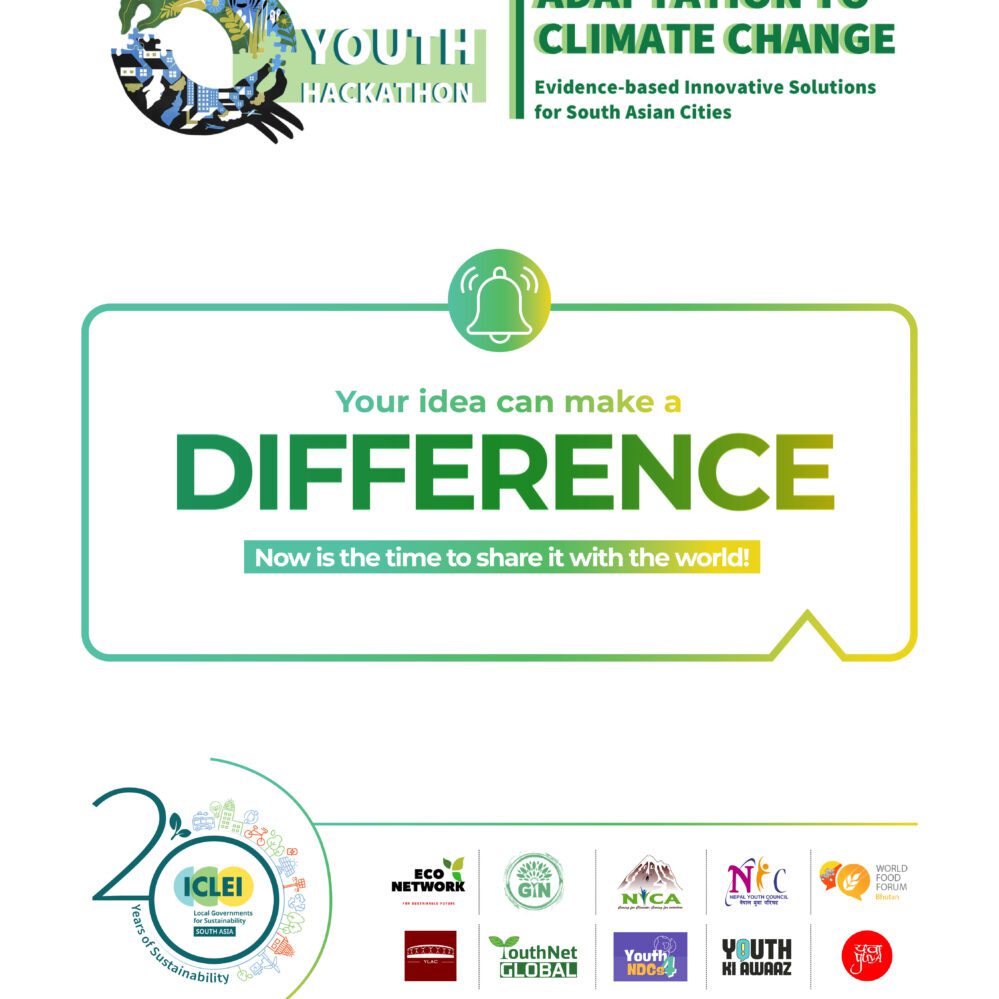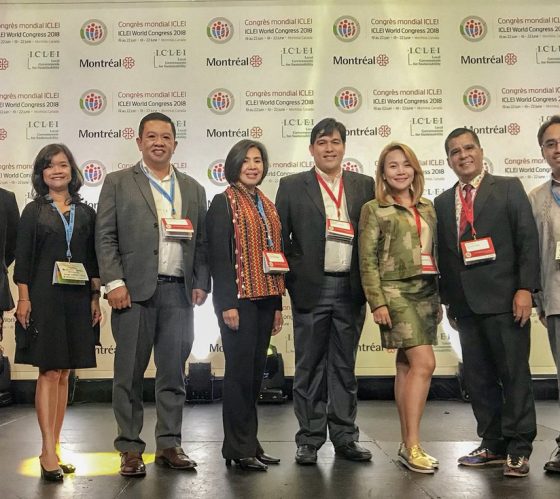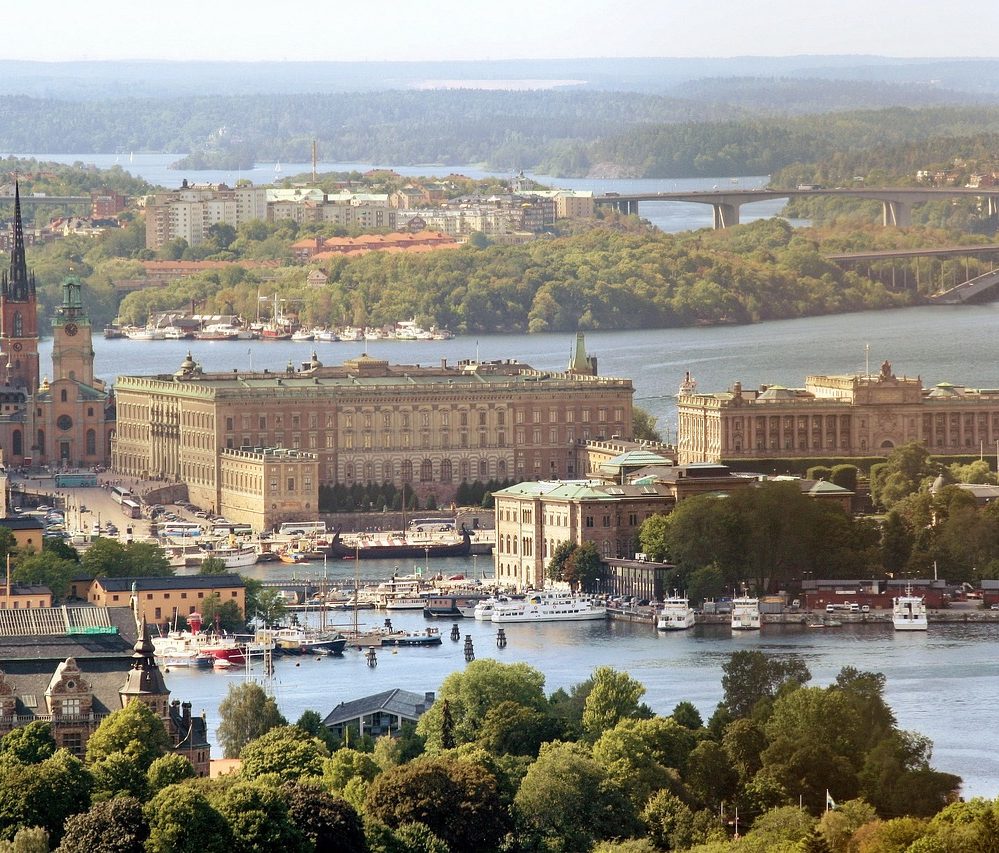On 12 August, Malaysia’s capital became the first city in the ASEAN region to host a Town Hall COP, convened by Mayor Dr Maimunah Mohd Sharif. Under the theme, “Translating Climate Policy into Local Action,” the event set a powerful precedent for Southeast Asia through a locally led, nationally relevant, and transformation-oriented dialogue that connected residents, local leaders, and national government representatives in shaping policies that directly impact communities. This was also the first Town Hall COP in the region where a national government leader joined, notably, the event featured Mr. Nga Kor Ming, Malaysia’s Minister of Housing and Local Government.
“For the first time, we are bringing global climate discussions directly to the people right here in the heart of Kuala Lumpur,” said Mayor Sharif. “These conversations are usually held in high-level international forums, far removed from daily life. But today, we make them local, relevant, and grounded in reality. I call all cities in ASEAN to carry out your own Town Hall COP as we come down to the last 100 days to Belém,” she concluded, referring to the upcoming UN Climate Conference COP30, held in the Brazilian city in November 2025. She also called on the COP30 Presidency to make the Urban Agenda a prominent part of all COP meetings.
Mr Nga Kor Ming, Malaysia’s Minister of Housing and Local Government and President of the United Nations Habitat Assembly, praised the initiative: “I welcome the efforts by the mayor of Kuala Lumpur in partnership with ICLEI to organize this Town Hall COP. I urge all other local governments in Malaysia to emulate how Kuala Lumpur is actively including private goals in their local development plans, building maintenance, and daily activities.”
Speaking at the event, Mr Gino Van Begin, ICLEI Secretary General, stressed: “As we prepare for COP30 in Brazil, it is crucial that national governments integrate strong urban components into their NDCs. As Malaysia prepares its NDC3.0 in the coming months, we hope to see a bold and clearly articulated urban component, one that reflects the commitment shown at Kuala Lumpur Town Hall COP and serves as a launching pad for deeper, more inclusive national climate action.”
Ms Yahati Awang, Deputy Secretary General, Ministry of Natural Resources and Environmental Sustainability, said, “Today’s event, in conjunction with the ASEAN Forums, is both timely and significant. It embodies our national goal to transform global agreements and national policies into concrete actions that deliver meaningful change on the ground.” She emphasized that although Malaysia contributes less than 1% of global CO₂ emissions, “we do not see this as an excuse for inaction. Instead, we see it as a responsibility to contribute and do our fair share. Hence, Malaysia has made bold and strategic climate commitments. As of 2021, we have managed to reduce CO₂ intensity by 37.1%, a clear sign that we are moving in the right direction.”
Notably, the event featured Mr Philip Yang, COP30 Envoy for Urban Solutions, who posed three questions to participants: “First, are we doing everything we can to stop or reduce emissions? Two, is the agenda we inherit from COP29 enough for the challenge ahead? If not, what can we do about it? And third, on the operational side, do we need a cover-up? Or a decision to make COP30 a success?”
Mr Yang added: “Among all the uncertainties of this moment, one thing is clear. Cities must be placed at the very core of the climate policy and of the UNFCCC process. Let us make this our common cause on the road to Belém.”
The Kuala Lumpur Town Hall COP, held on Day 1 of the ASEAN Sustainable Urbanization Forum (ASUF), set the course of the overall agenda on advancing local sustainable actions. ASUF took place alongside the ASEAN Governors and Mayors Forum (AGMF) and the Meeting of Governors and Mayors of ASEAN Capitals (MGMAC) from 10 to 15 August, in conjunction with Malaysia’s 2025 Association of Southeast Asian Nations (ASEAN) Chairmanship.
Mr Emani Kumar, ICLEI Deputy Secretary General and Regional Director of ICLEI South Asia Secretariat, said, “We are proud to witness Malaysia, as ASEAN Chair in 2025, is prioritizing stronger regional cooperation to tackle climate change, underscoring its leadership role in the region by championing inclusive and sustainable development, advocating for ambitious climate action, and fostering multi-sectoral partnerships to drive collective progress toward net-zero emissions and resilience across Southeast Asia.”
ICLEI has been collaborating with Malaysian cities and those in the Indonesia-Malaysia-Thailand Growth Triangle (IMT-GT) as well as the Brunei-Indonesia-Malaysia-Philippines East ASEAN Growth Area for over a decade. Supported by national governments, ADB, CIMT, and the Joint Business Council, these efforts contributed to the development of the IMT-GT Sustainable Urban Development Framework (SUDF), which was endorsed by leaders in 2019 and is now being implemented.
Building on this success, IMT-GT Vision 2036 set a target of more than 40 Green City Action Plans (GCAPs) across the region. “Malaysia is leading the Green Cities Initiative by preparing 14 GCAPs under the 12th Malaysia Plan,” added Mr. Kumar.
The ‘Kuala Lumpur Call to Action for COP30:’ Integrate the New Urban Agenda in UNFCCC process
Discussions held during the Kuala Lumpur Town Hall COP and throughout the ASEAN Forums led to the launch, on 14 August, of the Kuala Lumpur Call to Action for COP30. Announced by Minister Nga, it “calls for the New Urban Agenda (NUA) to be integrated into the United Nations Framework Convention on Climate Change (UNFCCC) process, ensuring that environmental policies are not only adopted at the global level but also effectively implemented by local governments and communities on the ground.”
The Call to Action outlines Malaysia’s commitment to:
- Convening national editions of urban and climate ministerials during Urban October, with outcomes presented at the COP30 Ministerial in Belém.
- Encouraging local and subnational governments to hold Town Hall COPs as bottom-up platforms for connecting climate action at all levels.
- Actively engaging in Axis-4 of the COP30 Action Agenda on cities and supporting the Cities and Regions Hub at COP30.
- Creating a network of Urban Ministers for Climate to sustain collaboration beyond COP30.
- Requesting a mechanism for including multilevel climate action, in line with the NUA, in UNFCCC deliberations, supported by the UNFCCC Secretariat and the Local Governments and Municipal Authority (LGMA) Constituency.
Referring to this important outcome, Yunus Arikan, ICLEI Director of Global Advocacy and LGMA Focal Point, said, “In concrete terms, the Kuala Lumpur Call to Action is one of the strongest supports to many proposals contained in the LGMA COP30 Vision Rallying for a Local-to-Global COP30 and Beyond, setting a precedent for what could be achieved at COP30 on integrating better subnational climate action.”
The Kuala Lumpur Town Hall COP has also launched the last 100 days of the LGMA ahead of COP30 in Belém.
Watch Kuala Lumpur Town Hall COP recording here.





